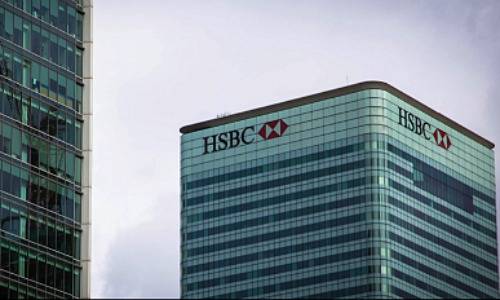HSBC Lagging on Money Laundering Vigilance
After reaching a $1.9 billion settlement with the U.S. Department of justice, HSBC has worked for three years upgrading its client oversight systems. However the American regulator claims the British bank has still not done enough.
The original U.S. Federal penalty in 2012 included a five-year agreement with the U.S. department of justice under which HSBC had to install an independent monitor to assess reformed internal controls.
According to news agency «Reuters» the federal monitor remains unable to certify that the bank’s compliance programme is reasonably designed and implemented to detect and prevent violations of Anti-money Laundering (AML) and sanctions laws.
Background
In 2012 the U.S. Senate, published a report that was heavily critical of HSBC's money laundering controls. The report alleged that HSBC in the U.S. had not treated its Mexican affiliate as high risk, despite the country's money laundering and drug trafficking challenges.
The Mexican bank had transported $7 billion in U.S. bank notes to HSBC in the U.S., more than any other Mexican bank, but had not considered that to be suspicious.
Japanese Bank
In less than four years it had cleared $290m in «obviously suspicious» U.S. travellers' cheques for a Japanese bank, benefiting Russians who claimed to be in the used car business. It had circumvented U.S. safeguards designed to block transactions involving terrorists drug lords and rogue states, including allowing 25,000 transactions over seven years without disclosing their links to Iran
Providing U.S. dollars and banking services to some banks in Saudi Arabia despite their links to terrorist financing



























